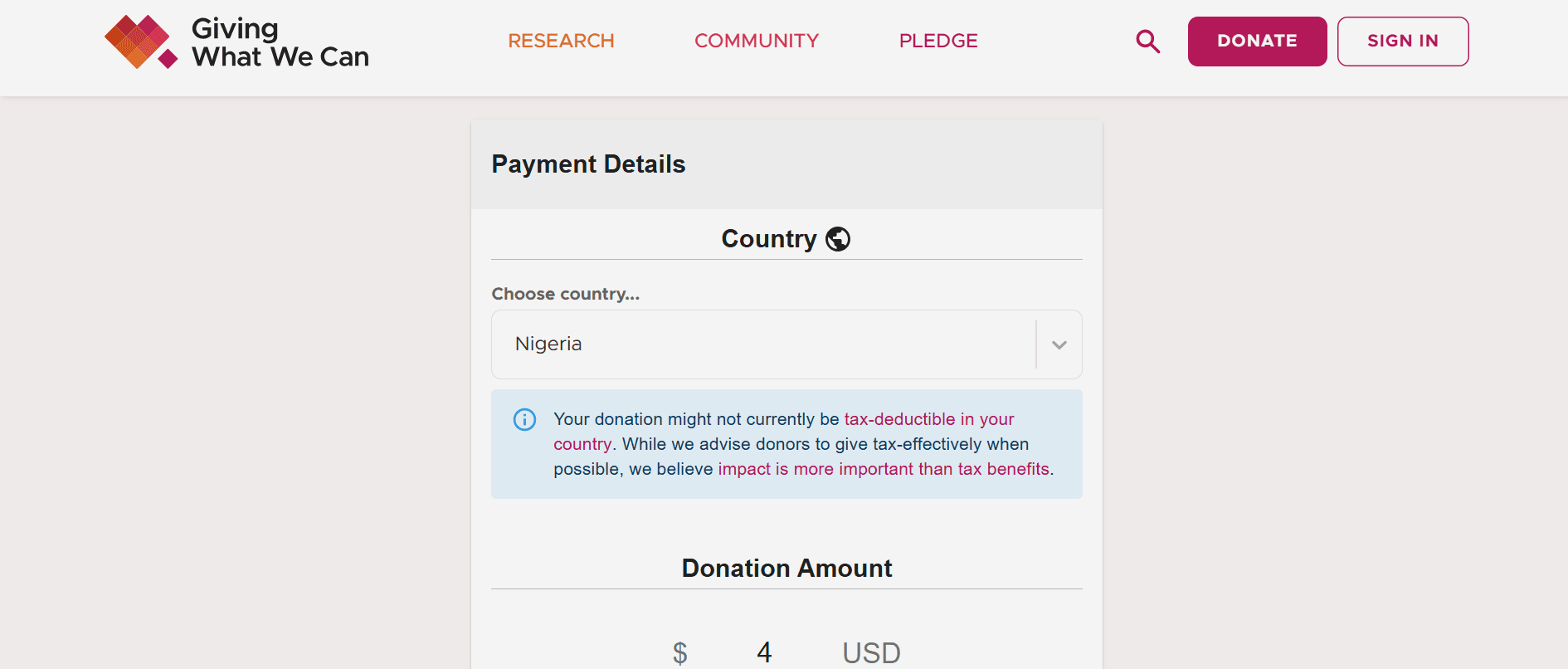A little bit different from typical EA stuff, but I think it's still relevant in terms of doing good. The video talks about how getting certain degrees is not a useful thing in terms of money and helping society, and how trade school is often a much better option in terms of job security (and thus, have a little to give to effective charities).
I don't think I was really very... in your face in the video as I was in my last one.
Anyway, for discussion, in terms of job utility and money, I argue that jobs such as those in STEM fields and Medical School are the best since they not only are useful for society but they're also quite lucrative fields, which means you can help society with your job AND have tons of money to give. I think it's better to encourage that than say Wall Street jobs that are often recommended. However, I don't think everyone ought to go to college (as I explained in my video) and Trade School offers many job opportunities that are both useful and fairly lucrative (although not quite to the extent as STEM for instance).
As an aside I have concerns about encouraging people to go into high paying jobs (such as working in Wall Street) just so they can give all disposable income to charity, since some may feel as though it's asking a bit too much for no real return (at least as they perceive), an thus is a strong discouragement (If I'm not willing to give 90%, why bother giving at all?). But that's a discussion for another thread.




Right but I also said in my response to you:
It was a type of shorthand. I actually wanted to use other pictures for "studies" degrees but Pixabay is fairly limited.
I thought it was implied when I said art degree and when I didn't mention things like "studies" degrees in majors I recommend .
Of course, but most major in (not very useful) art degrees and many have crushing debt, unable to pay back loans.
Sure you could learn how to use your left hand, but it's an impedes progress and doesn't really help you much in achieving your goals. Like art school.